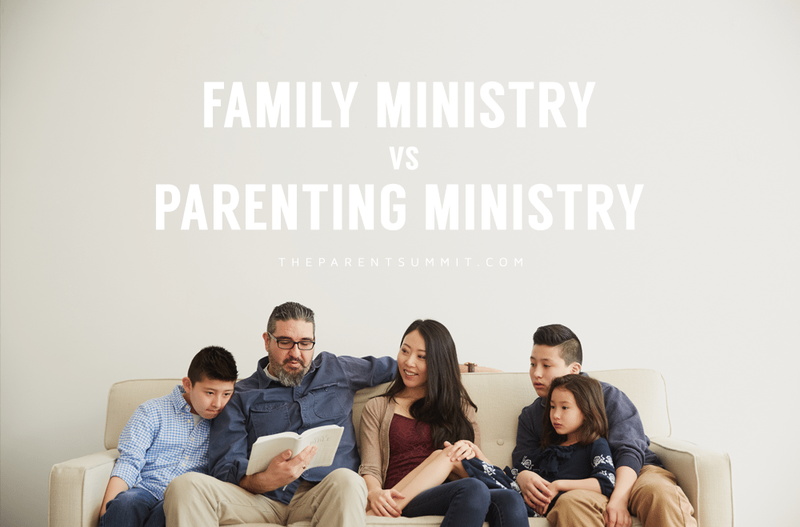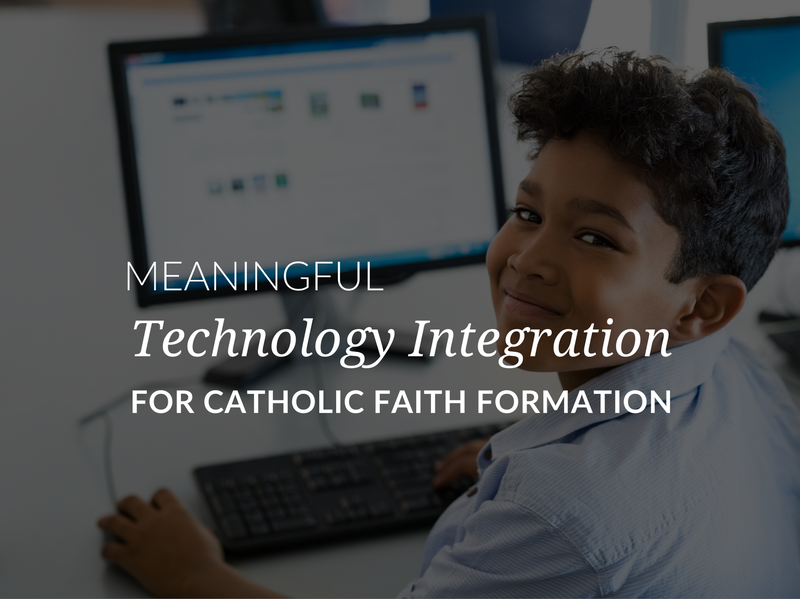· Youth & Future · 9 min read
Transforming Families Through Multi-Generational Worship and Discipleship
Explore the transformative power of multi-generational worship and discipleship in Christian families. Discover practical tips for parent-child discipleship and engaging in family service projects.

Transforming Families Through Multi-Generational Worship and Discipleship
Introduction
In today’s fast-paced and individualistic society, families often struggle to find meaningful ways to connect with one another and grow in their faith together. However, multi-generational worship and discipleship offer a powerful solution to this challenge. By intentionally incorporating all generations into the worship experience and providing resources for parent-child discipleship, families can be transformed and strengthened in their faith. In this article, we will explore the importance of multi-generational worship, the benefits of family devotional guides, the significance of blended family ministry, the impact of parent-child discipleship, and the value of engaging in family service projects.
1. What is multi-generational worship and why is it important?
Multi-generational worship is a style of worship that intentionally includes people of all ages, from children to older adults. It goes beyond age-segregated worship services and seeks to create an environment where families can worship together as a unit. This approach recognizes the biblical principle of intergenerational relationships and the importance of passing down faith from one generation to another.
According to “4 Tips for Cultivating an Effective Multigenerational Worship Service,” the goal of multi-generational worship is to foster a sense of belonging for everyone in the church community, regardless of their age. It allows children to learn from the wisdom and experiences of older worshippers while also giving older generations the opportunity to be inspired by the energy and enthusiasm of younger worshippers. When different generations come together in worship, it strengthens the bonds within families and builds a sense of unity within the church as a whole.
2. How can family devotional guides enhance discipleship?
Family devotional guides are valuable resources that provide structure and guidance for families to engage in regular devotional time together. These guides typically include Bible readings, discussion questions, prayers, and activities that encourage family members to grow in their faith as they interact with God’s Word.
“Our 24 Family Ways” by Clay Clarkson is an example of a parent-friendly, Bible-centered family devotional guide. It seamlessly weaves together devotional interaction with discipleship instruction for the whole family. This resource helps parents train their children in the way they should go, teach them Bible truths and principles, and strengthen their Christian character and values.
Family devotional guides are essential for discipleship within the family because they provide a structured framework for parents to lead their children in spiritual growth. As families gather around God’s Word, they deepen their understanding of Scripture, develop a shared language of faith, and build a strong foundation for future spiritual conversations. Regular engagement with family devotional guides nurtures a culture of discipleship within the home and strengthens the faith of each family member.
3. What is blended family ministry and why is it important?
Blended families, which consist of married couples and their children from previous marriages or relationships, face unique challenges as they navigate the complexities of merging different backgrounds, traditions, and dynamics. Blended family ministry recognizes these challenges and seeks to provide support, encouragement, and resources for these families.
The “Blending A Family 40-day Devotional” by Moe and Paige Becnel is an example of a resource designed specifically for blended families. It addresses the issues that are commonly faced by blended families and offers solutions based on biblical principles. By discussing the causes of these issues and providing practical guidance, this devotional helps blended families find healing, unity, and growth in their relationships.
Blended family ministry is important because it acknowledges the specific needs and struggles of these families and provides them with a safe space to seek guidance and support. Through counseling, support groups, workshops, and resources tailored to their unique circumstances, blended families can find solace, encouragement, and practical tools to navigate the complexities of their relationships. Blended family ministry plays a vital role in strengthening and transforming these families as they seek to build a solid foundation rooted in love, grace, and God’s Word.
4. What is the significance of parent-child discipleship?
Parent-child discipleship is the intentional process of parents teaching and modeling a vibrant faith to their children. It involves nurturing spiritual growth, imparting biblical knowledge, and cultivating a love for God within the family context. Parent-child discipleship recognizes that parents are the primary spiritual influencers in their children’s lives and empowers them to be intentional in their role.
In “10 Things You Should Know about Family Discipleship,” it is emphasized that parent-child discipleship is part of the Great Commission given by Jesus in Matthew 28. Parents are called to make disciples of their children, teaching them to follow Jesus and equipping them with a solid foundation in faith. By prioritizing parent-child discipleship, families can create an environment where children can grow spiritually and develop a personal relationship with God.
The significance of parent-child discipleship lies in its ability to shape the future generations of believers. When parents take an active role in nurturing their children’s faith, it creates a strong spiritual legacy that can impact not only the immediate family but also future generations. Parent-child discipleship builds a firm foundation for children, equipping them with a biblical worldview and a deep understanding of God’s love and truth.
5. How do family service projects impact multi-generational worship and discipleship?
Family service projects provide opportunities for families to serve together, both within the church community and beyond. Engaging in service projects as a family not only benefits those being served but also strengthens familial bonds, fosters intergenerational relationships, and cultivates a heart of compassion and generosity within each family member.
According to “37 Creative Family Church Service Ideas You Can Do Together,” hosting a Family Worship Sunday with interactive scripture reading is one way to involve the whole family in worship and highlight the importance of knowing God’s Word. This type of service project encourages families to actively participate in the worship experience and demonstrates the value of each generation’s contribution.
Family service projects impact multi-generational worship and discipleship by providing practical opportunities for families to live out their faith together. When families serve side by side, they learn from one another, grow in empathy and compassion, and develop a deeper understanding of the needs of others. These shared experiences create lasting memories and strengthen the spiritual bonds within the family, fostering a heart for service and a desire to live out their faith in tangible ways.
6. How can churches promote multi-generational worship and discipleship?
To promote multi-generational worship and discipleship, churches can implement several strategies. First, they can intentionally create worship services that incorporate elements appealing to all ages, such as interactive songs, visuals, and storytelling. This approach ensures that every member of the family feels included and engaged during the worship experience.
Second, churches can provide resources for family devotions, such as devotional guides or online platforms with Bible readings, discussion questions, and prayer prompts. By equipping parents with tools to lead their children in regular devotional time, churches empower families to grow together in their faith journey.
Third, churches can establish blended family ministries that offer counseling, support groups, and resources tailored to the unique needs of blended families. These ministries provide a safe space for blended families to share their struggles, find healing, and receive guidance for building healthy relationships.
Lastly, churches can organize family service projects that bring families together to serve their local community or support global initiatives. By providing opportunities for families to serve side by side, churches foster intergenerational relationships and cultivate a heart for service within the entire family unit.
7. What are the benefits of multi-generational worship and discipleship for families?
Multi-generational worship and discipleship offer numerous benefits for families. First and foremost, they create opportunities for families to grow in their faith together. By engaging in shared worship experiences and regular devotional times, families deepen their understanding of God’s Word, strengthen their spiritual bonds, and develop a sense of unity in their faith journey.
According to “The Multigeneration Family - Discipleship Ministries,” multi-generational worship and discipleship help preserve the stories and experiences of older generations. When different generations gather together, they can share their faith journeys, exchange wisdom, and learn from one another. This intergenerational exchange enriches the faith of each family member and ensures that important lessons from the past are passed down to future generations.
Additionally, multi-generational worship and discipleship foster a sense of belonging within the church community. When families worship together, they feel a deep connection with their church family as a whole. This sense of belonging strengthens social connections within the church and provides a support system for families during both joyful and challenging seasons of life.
8. How can families incorporate multi-generational worship and discipleship into their daily lives?
Incorporating multi-generational worship and discipleship into daily family life requires intentional effort and commitment. Here are a few practical ways families can make it a reality:
Establish a regular family devotional time: Set aside a specific time each day or week for the entire family to gather together for devotions. Use resources like family devotional guides or online devotionals to guide your discussions.
Attend multi-generational worship services: Choose churches that prioritize multi-generational worship experiences and actively involve all age groups. Encourage children to participate in the worship service through singing, reading scripture, or sharing testimonies.
Engage in intergenerational activities: Look for opportunities within your church community to engage in intergenerational activities, such as mentorship programs, small groups, or service projects. Encourage children and older adults to interact and learn from one another.
Encourage family discussions about faith: Create an environment where family members feel comfortable discussing their faith, asking questions, and sharing their spiritual experiences. Foster open conversations that deepen everyone’s understanding of God’s Word and strengthen their relationships with one another.
By intentionally incorporating multi-generational worship and discipleship into daily family life, families can experience transformative growth in their faith and build a strong foundation for future generations.
Conclusion
Multi-generational worship and discipleship have the power to transform families by fostering unity, strengthening bonds, passing down faith from one generation to another, and equipping parents to lead their children in spiritual growth. Through intentional efforts like attending multi-generational worship services, engaging in family devotions, participating in blended family ministries, practicing parent-child discipleship, and serving together as a family, families can experience the fullness of God’s presence and grow in their faith journey together. As churches and families embrace the importance of multi-generational worship and discipleship, they will create a lasting impact on their own lives as well as future generations.



